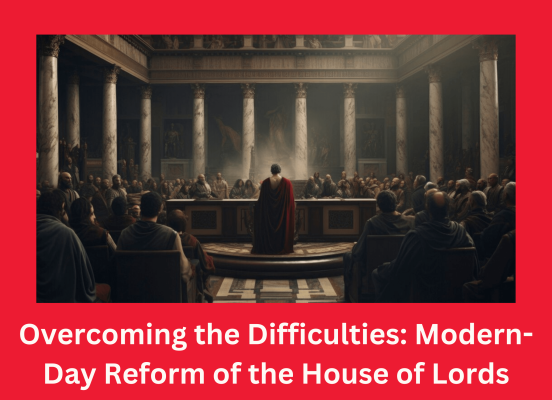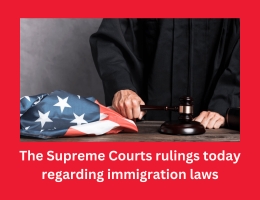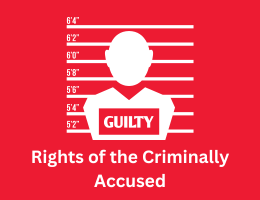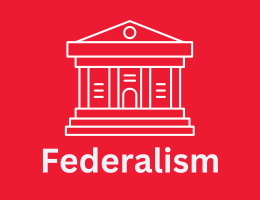
Overcoming the Difficulties: Modern-Day Reform of the House of Lords
- By admin --
- Wednesday, 03 Apr, 2024
I'm interested in how we're governed, how the government is held accountable for its actions, and how our laws are produced, among other things, because I practice constitutional law. These are the kinds of tasks that the UK Parliament does. Because they would drastically alter the House of Lords and, by extension, one chamber of our two-chamber legislature (the House of Commons), the present proposals to restructure the House of Lords are crucial if they are implemented (and that is a major "if"). Specifically, the plans would change the House of Lords' primary form of appointment to primary election.
The reproduction of photographs protected by parliamentary copyright is permitted with the consent of Parliament. The reform of the House of Lords has been a topic of discussion for more than a century. The Parliament Act of 1911 states unequivocally that it is a temporary expedient until an elected second chamber is substituted, increasing the legislative authority of the elected House of Commons at the expense of the unelected Lords. A lot has changed since 1911. Most notably, the House of Lords Act 1999 passed by the Blair government eliminated the majority of "hereditary peers," or those who inherited the right to sit in the House of Lords. As a result, the majority of members of the House of Lords are now "life peers," appointed by the Queen but actually selected by the Prime Minister.
"How should people get there?" is the most obvious query regarding the House of Lords. Put otherwise, is it preferable for individuals to be appointed to the Lords or should they be elected, but possibly through a more transparent and independent procedure than the Prime Minister's current selection method? It is impossible to withstand the case in favor of elections: how can Britain remain a democracy if half of its legislature is not elected? However, more thought reveals that things are often more complicated than this. The answers to these two additional, and arguably more important, issues will determine whether we believe that the House of Lords should be elected or not, as well as whether it would matter if it remained unelected.
Images protected by copyright in Parliament may be copied only with the consent of Parliament.
What actions do we first want taken by the House of Lords? Currently, the House of Lords serves as a somewhat complementary body to the House of Commons. This is partially due to the fact that party politics is less of an issue in the Lords than it is in the Commons; in the latter, no party has total power, whereas the governing party or parties in the Commons inevitably control it since they hold a majority. Furthermore, a sizable portion of the Lords' members are "cross-benchers," or independents from any political party. Because of all of this, the Lords are able to examine matters more objectively and coolly than the Commons, where party politics play a major role.Could this kind of operation take place in an elected House of Lords? If so, would there be any specific configuration that would need to be followed in order to maintain the unique identity of the Lords when it came to the process of electing members?
Second, what authority does the House of Lords currently have and ought to have? The Lords now have fewer powers than the Commons. In particular, the House of Lords cannot veto new laws passed by the Commons; it may only postpone legislation's enactment. This is due to the Parliament Acts 1911–49. How crucial is it that the Lords be unelected and how important is it to implement reforms making it elected if the Lords are unable to effectively obstruct the will of the elected Commons?
One example of the kind of questions that law students face is the reform of the House of Lords. There are many such questions without clear-cut "right" or "wrong" answers. When seemingly straightforward questions—like "Should the House of Lords be elected?"—are raised, a number of related ones inevitably come up for discussion. To the surprise of some, mastering "the rules" is not the only thing involved in studying law at university. One must also consider why the laws exist as they do, what the underlying goals of policy are, and if the regulations are sufficient to achieve those goals.





